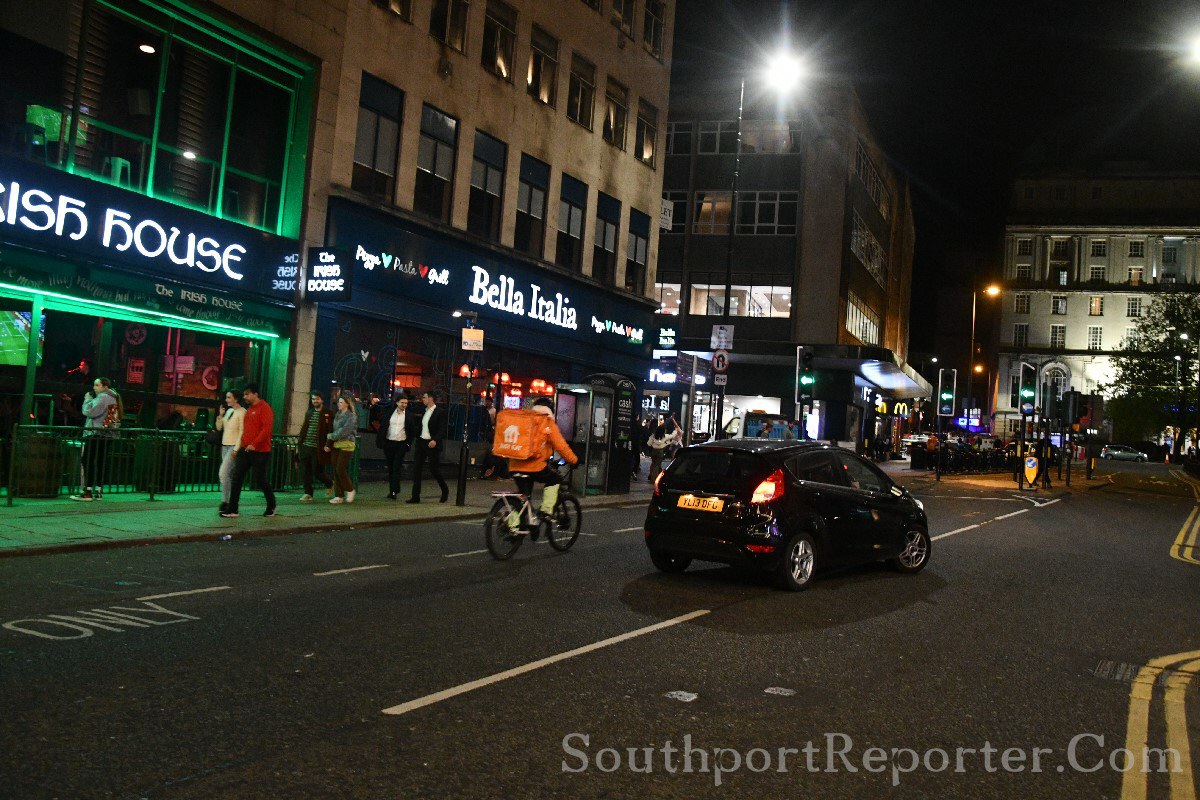Questions being raised around the safety of cyclists throughout the Region
OVER the last few weeks we have had increasing amounts of readers contacting us about people riding at night, often in dark clothing, without lights or reflectors on their bikes, as well as a ever growing list of complains over delivery cyclists cycling though red lights and on pavements, at speed. For example a reader who lives in Southport Town Centre told us:- "These risers are getting increasingly dangerous. They are often adults who should know better. They swing out at night, blindly onto the road, often into on coming traffic, dressed in dark clothing, and without any reflectors on the bikes or lights. The worst offenders in my view are the delivery risers, who are so called:- 'professional cyclists.' I'm elderly and find it hard to move quickly, yet I'm increasingly worried about being hit by those who ride on the pavements. Often the riders come very close to shop entrances, at speed. No one seems to be doing anything about it and it is just a matter of time before a major accident happens."
Despite what many cyclists appear to think, it's illegal to cycle on a public road between sunset and sunrise without lights! Under the UK's Road Vehicles Lighting Regulations (RVLR). In fact If the bike was manufactured after 1 October 1985, it must also have amber pedal reflectors!
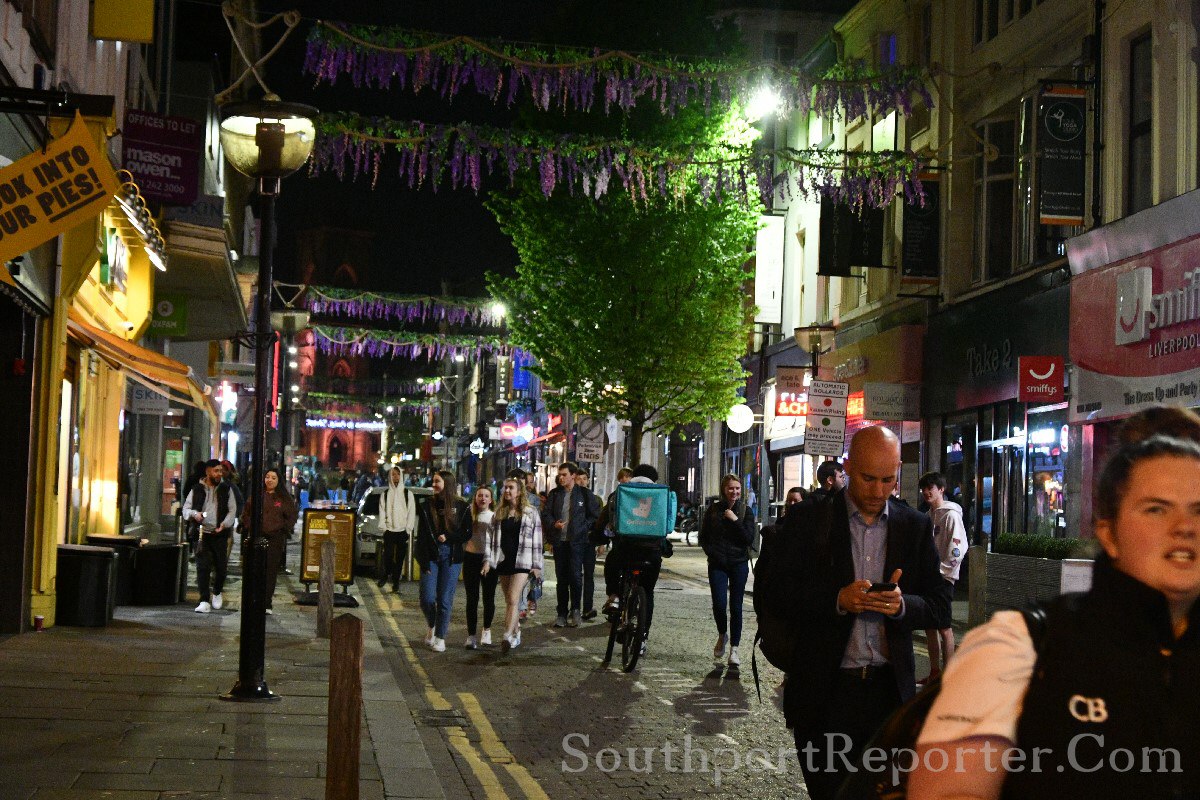
Yet, it isn't just Southport that has this issue, as you can see in our photos, Liverpool City Center is also affected by this problem. Plus many other issues, including cycling on pavements, cycling though red lights, riding the wrong way down 1 way roads and the list goes on.
Several readers ave voiced concerns about the growing numbers of cyclists who ride through read lights, including a local Ariva bus driver who very nearly knocked over a delivery rider, within Liverpool City Center. The driver who has asked to stay anonymous due to his job, said:- "Many cyclists seem to be unaware or just don't care about stopping at red lights. The worse offenders seem to be those at night, who do not have lights on the bikes. These riders are often delivery riders for food companies, such as:- Deliveroo and Just Eat. Last night, within the City Center, a delivery cyclist just shot across the road, on a red light, forcing me to jam the brakes on. If I hit them, they would be goners, also I risk injuring my passengers when thing like this happen, as I have to brake suddenly to avoid hitting them. Plus the actions of these cyclists could easily lead to other road users having accidents. Shockingly, what has got me to comment was that the latest incident was in front of a Police Car, yet they did nothing about it!"
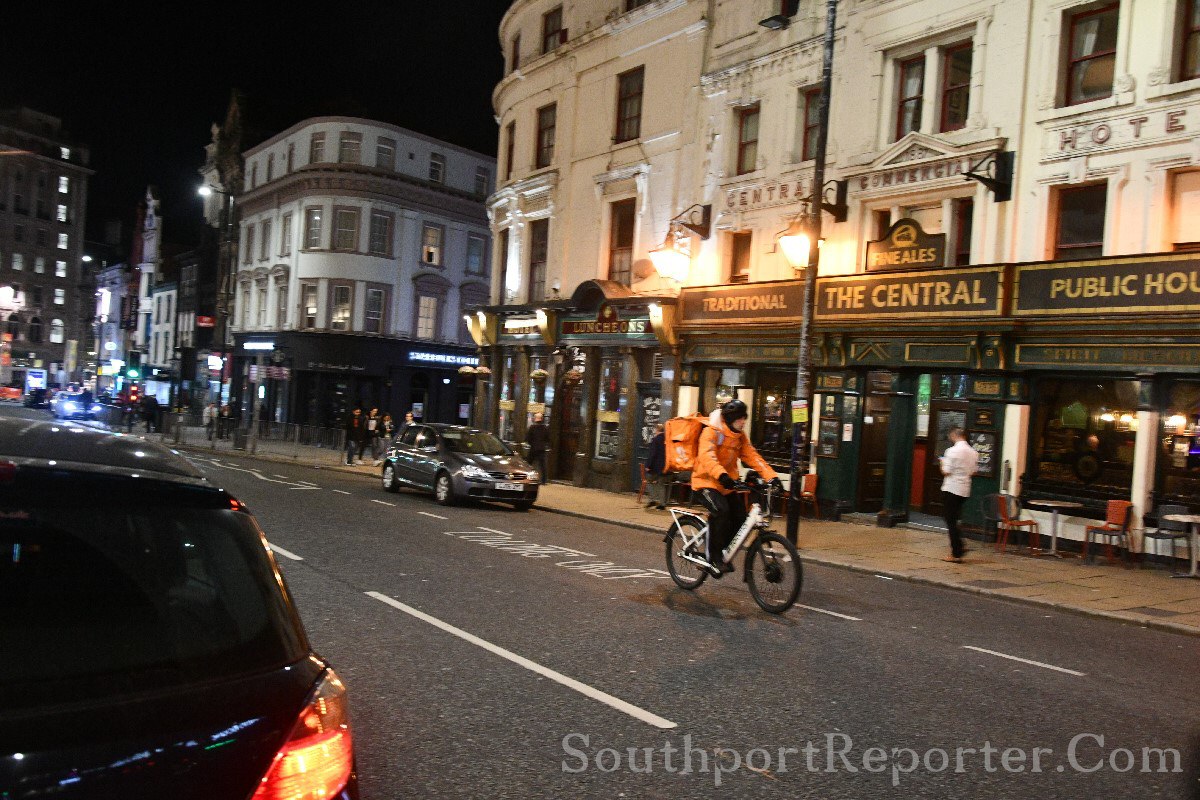
Unsurprisingly, we can confirm that riding though red lights is an offense under Lows RTA 1988 Section 36 and TSRGD Reg 10(1). For interest we decedent to ask a few random cyclists when out in Liverpool and in Southport about what they thought the rules are on Traffic Lights when it comes to cycling. Shockingly, we found many didn't know that you must not cross the stop line when the traffic lights are red.
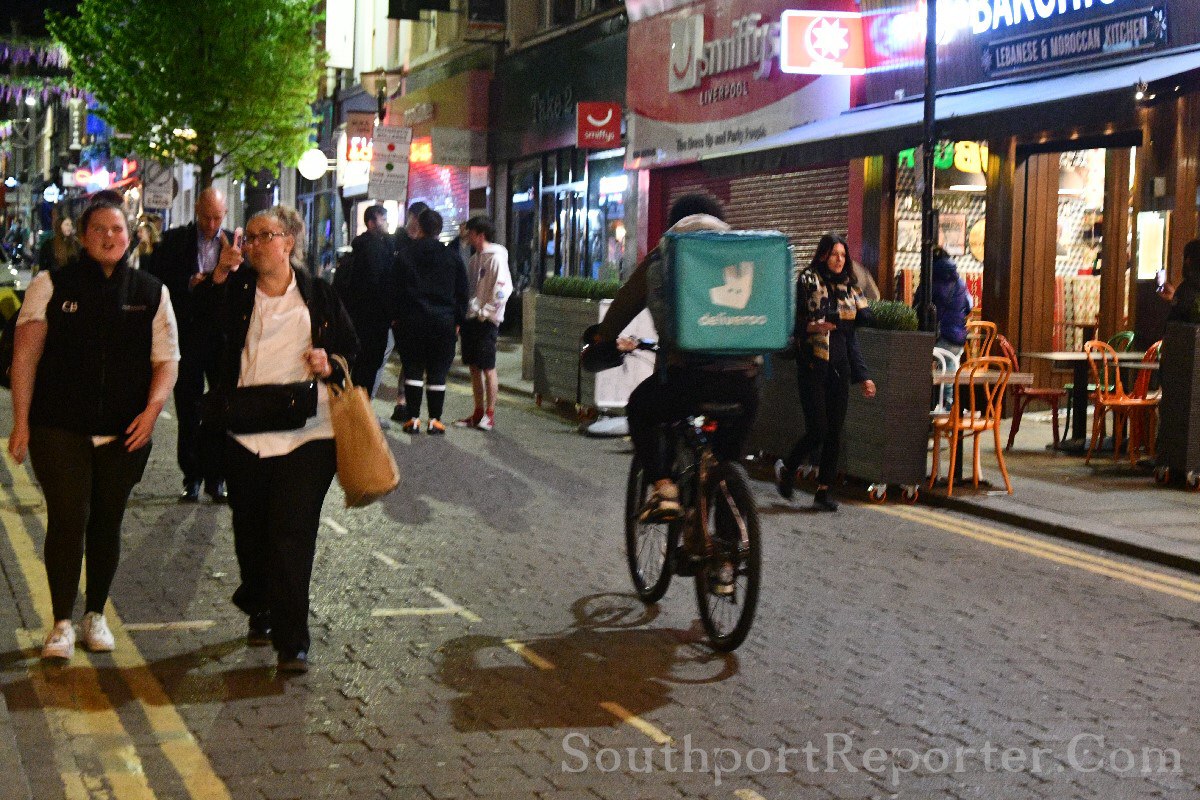
We are contacting the food delivery services to find out what they say about how they check the safety of their riders along with how they can enforce safety concerns being raised by members of the public. We are also contacting Merseyside Police for comment.
What are your thoughts about these issues? Please email them to our Newsroom via:- News24@SouthportReporter.Com.
Maternity
Disparities Taskforce explores women's health before
and during pregnancy
Photography by Simon
Peter Photography.
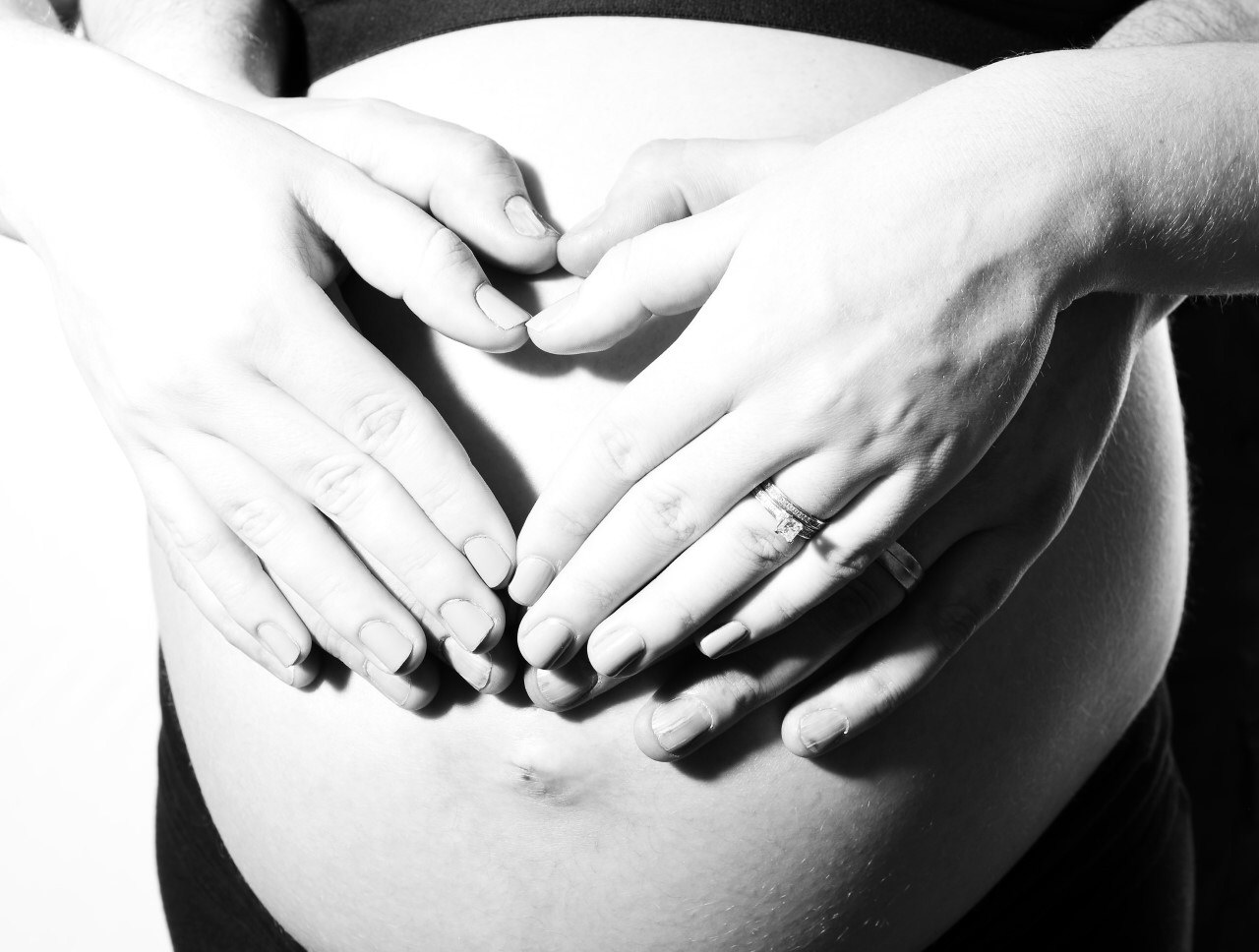
MINISTER for
Women's Health Minister Maria Caulfield and
Chief Midwifery Officer Professor Jacqueline
Dunkley Bent Co-Chaired the 2nd meeting of the
Maternity Disparities Taskforce, on Monday, 16
May 2022.
The taskforce led a deep dive discussion into
the role of primary care, including:- GPs,
Nurses, Healthcare Practitioners, Pharmacists;
in supporting women's health before they become
pregnant, known as preconception health.
This means not only identifying women who are at
higher risk of poor outcomes linked to pregnancy
and making sure they receive the right support
but also empowering women with information on
how health conditions and risk factors could
affect them and what steps they can take for a
healthy pregnancy. This will help to ensure that
mothers and babies receive the best possible
care while the Government and NHS work to tackle
the Covid backlogs, improving care and putting
an end to the long waits for treatment.
Data shows there is an almost 2 fold difference
in mortality rates between women from Asian
ethnic groups and white women, and they are also
higher for black women. Black women are 40% more
likely to experience a miscarriage than white
women, and women living in deprived areas can
have higher rates of stillbirths.
The taskforce discussed the barriers faced by
some women in accessing information and services
- these may be language barriers, levels of
distrust, or concerns from asylum seekers over
paying for the services. They considered advice
from experts, including what effective
pre-conception care is, how to reach those most
in need and how to make sure this care improves
the health of women and their babies.
The taskforce members agreed there needs to be a
more proactive approach to make sure the right
care reaches these women and their families when
they need it.
These interventions must be more targeted
towards women from ethnic minorities, those who
live in the most deprived areas and refugees,
and should explore how the wider health and
social care system can actively seek these women
out and bring the services to them. For example
by working more closely with local organisations
to understand the women it is trying to reach.
To work towards this, the taskforce committed to
listen to women's lived experiences of access to
preconception care and maternity care, and
continue to engage a range of stakeholders to
understand how they can improve care for women,
and agree actions in the future.
Minister for Women's Health Maria Caulfield
said:- "We must do everything we can to
empower women with the information and
services they need to ensure a healthy
pregnancy for mum and baby, no matter their
background or where they live. The latest
Maternity Disparities Taskforce meeting
brought together experts from across the
NHS, health charities to share ideas and
experiences on how we can ensure women from
ethnic minorities and the most deprived
areas receive the support they need. By
listening to women's experiences we can
better understand the issues they face and
how to improve care, and I look forward to
making progress in this area."
Professor Jacqueline Dunkley Bent, Chief
Midwifery Officer for England, said:- "The
NHS is committed to ensuring that all women,
particularly those from ethnic minorities
backgrounds and deprived areas can get high
quality care before, during and after their
pregnancy. Health pre-pregnancy determines
health during pregnancy so it is imperative
to provide care that is tailored to meet the
needs of women from black, Asian and
minority ethnic backgrounds and those who
are most deprived. Listening, understanding
and then acting will help improve maternity
outcomes and experiences for women."
Some habits or health problems can harm a baby.
Smoking during pregnancy has been linked to
health issues including premature birth, low
birth weight, cot death, miscarriage and
breathing and being overweight or obese also
raises the risk of some pregnancy problems, such
as high blood pressure, deep vein thrombosis,
miscarriage and geStational diabetes. It is also
recommended women take a daily supplement of
folic acid to reduce the risk of the baby having
a neural tube defect.
The Maternity Disparities Taskforce was launched
in February 2022 to explore inequalities in
maternity care and identify how the Government
can improve outcomes for women from ethnic
minority communities and those living in the
most deprived areas.
It will do so by improving personalised support
and care for mothers, addressing how wider
societal issues impact maternal health,
improving education around pre-conception
health, and empowering women to make evidence
based decisions about their care.
The taskforce brings together experts from
across the health service, mothers, Government
and the voluntary sector, who meet every 2
months.
The Government and NHS is working to tackle the
Covid backlogs while reforming routine care
services, ending long waits and improving
patient care. The Pandemic has put huge pressure
on health and care services and over the next
three years, a record £39 billion will be
invested through the Health and Care Levy, so
the NHS has the funding it needs. The NHS is
opening new surgical hubs and 160 community
diagnostic centres so patients have easier
access to tests closer to home - with 88 already
open, delivering over 800,000 scans.

